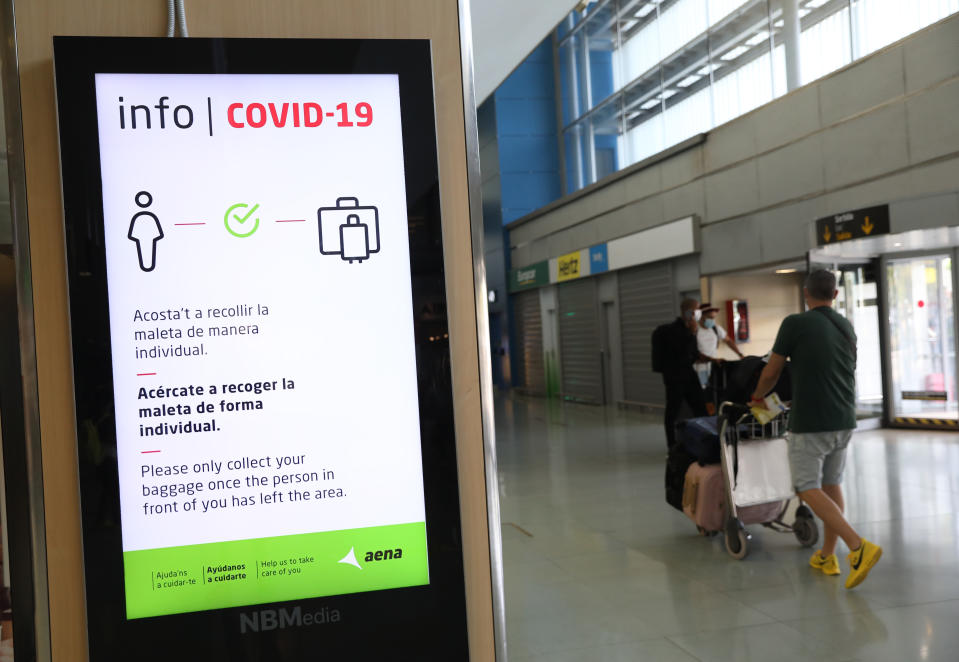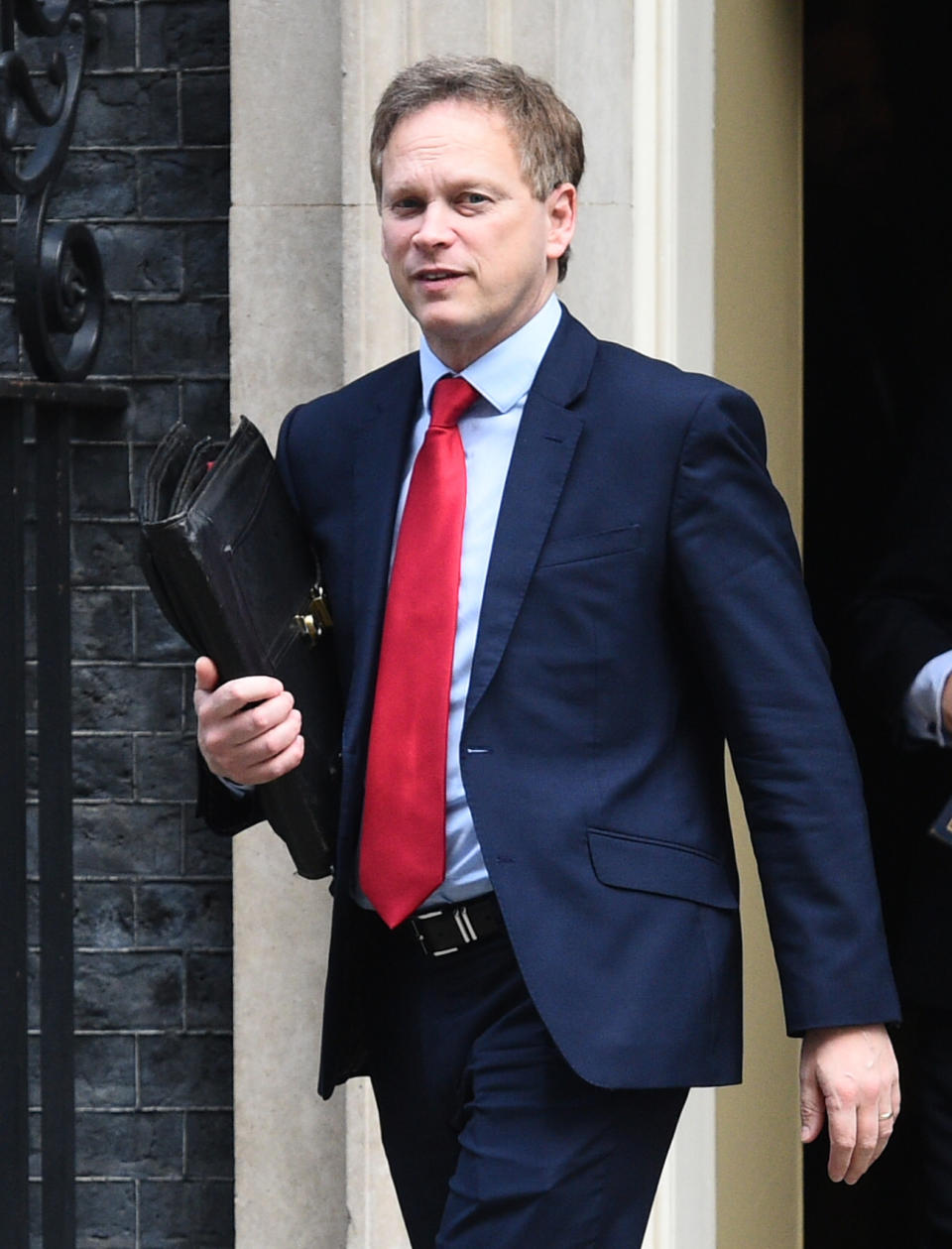Labour demands more airport testing to cut 'chaotic' quarantine measures

The Labour party have said that industry-damaging quarantines should be reviewed and more extensive testing should be rolled out at airports to reduce travellers’ self-isolation periods.
In a letter to Home Secretary Priti Patel, the opposition party said the “dire warnings” from the travel sector about the use of “chaotic” blanket self-isolation advice meant it was time to review the methods being used to prevent the spread of the coronavirus from those returning to the UK from abroad.
Shadow home secretary Nick Thomas-Symonds said a “robust testing regime in airports” could minimise the need for those returning from countries with high coronavirus prevalence to quarantine for two weeks.
It comes as new analysis revealed that countries that have expanded their airport testing have seen a decline in infection rates.
Greece, Denmark, Iceland, Germany, Cyprus and Singapore have all seen reduced rates of infection after intensifying border testing, according to the Telegraph.

The data appears to fly in the face of the government’s argument that airport testing is ineffective.
Health Secretary Matt Hancock dismissed calls for holidaymakers to be tested on arrival in the UK, saying that only seven per cent of people with positive cases would be caught, stressing that people need to isolate for 14 days.
He told BBC Breakfast last week: “There's a really good reason we don't do that. That is that the virus incubates in you and therefore if you test on day one on return, the scientists reckon you find only about seven per cent of the total cases.”

Hancock’s comments were echoed by both travel secretary Grant Shapps and Boris Johnson on Friday. It is a further blow to the travel industry, as airlines face large job cuts due to COVID-related lockdowns around the globe, reducing traveller numbers.
Thomas-Symonds said the quarantine was having a “dire” impact on the industry and called on ministers to carry out a “rapid review” of the current protocols and consider introducing more testing at airports.
In his letter to Patel, Thomas-Symonds said he has “serious concerns” about the low level of monitoring of incoming travellers, claiming “less than a third of passenger locator forms are checked”.
He wrote: “I write to call for a rapid review to fix chaotic quarantine arrangements that are losing public confidence and undermining our ability to keep people safe and save jobs.
“In order to rebuild this trust I am calling on government to undertake a review into quarantine policy, to report within a fortnight.
“It should include outlining options for a robust testing regime in airports, and related follow-up tests, that could help to safely minimise the need for 14 day quarantine.

“It is clear that ramped-up testing is an important part of trying to respond to the pandemic and safely reopen society.
“Given the huge challenges being faced by the travel sector and the scale of job losses, it makes sense to look at this area as part of a wider package of improvements to the testing regime.”
Holidaymakers in France, Spain and the Netherlands have all been caught out by the changes in recent weeks as ministers have introduced, sometimes with only a few hours’ notice, regulations forcing those returning to self-isolate for 14 days.
Anyone who breaks the rules faces a £1,000 fine.
Virgin Atlantic announced on Friday it plans to axe another 1,150 jobs after completing a £1.2 billion rescue deal.
The further job losses come less than four months after the carrier ditched 3,150 roles and ended its operations at Gatwick Airport, due to the collapse in demand caused by the coronavirus pandemic.
A government spokeswoman said: “We are taking clear and decisive action to slow the spread of the virus and save lives.
“We keep the data for all countries and territories under constant review, and if the public health risk of people returning from a particular country without self-isolating becomes too high, we will not hesitate to remove countries from the travel corridors exemptions list.
“Work is ongoing with clinicians, the devolved administrations and the travel industry, to consider if and how testing could be used in the future to reduce the self-isolation period.
“Any potential change to testing for arrivals would need to be robust in minimising the chance that positive cases are missed.”
In August, Shapps said that he doesn’t want to offer “false hope by saying it’s just as simple as a test at the airport,” because that “won’t tell you what you need to know.”

 Yahoo Sport
Yahoo Sport 





































